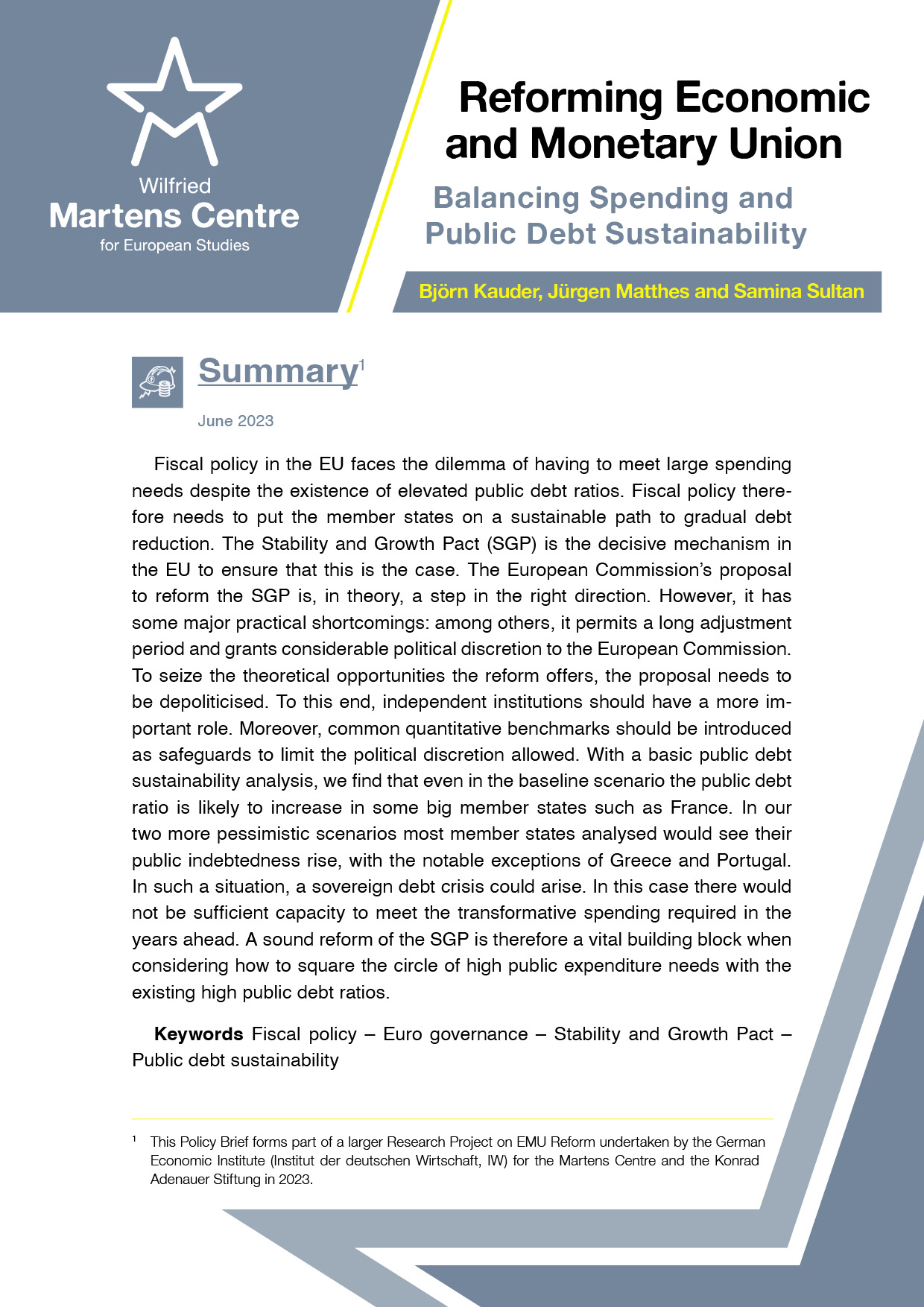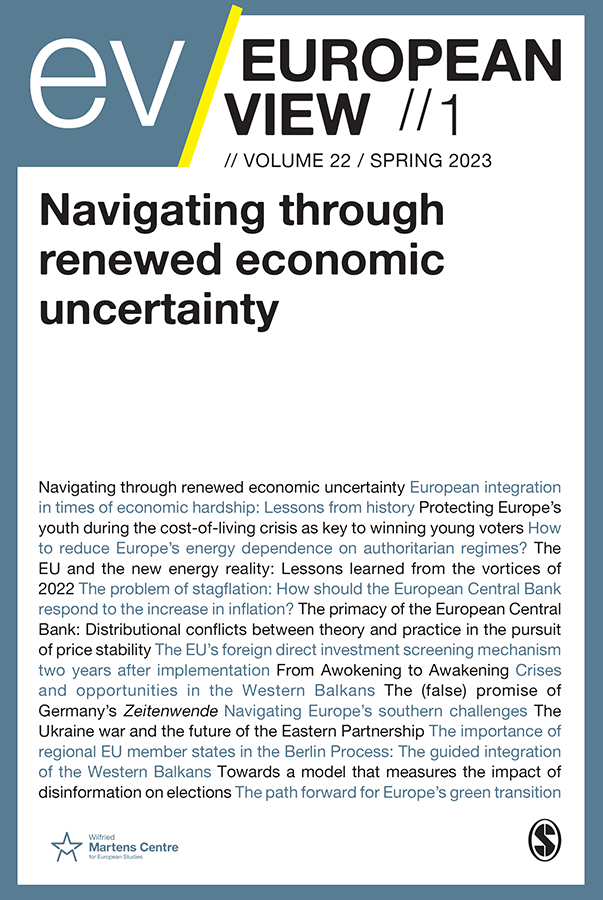SMEs: A Solution from Europe
30 April 2013

Today, no one disputes that credit is vital for small and medium enterprises. Despite the momentum that big businesses give to our economies, SMEs are still the basis of the Spanish productive sector and the ones employing the majority of citizens in Spain and in Europe.
With the crisis, the challenges facing SMEs have become more pronounced. Not only because of the drop in sales as it is the case for other companies, but because of major difficulties in accessing credit. A few years ago, almost any solvent SMEs in Europe could take out a loan. However, the situation has changed and today, the financial market is “fragmented”. What do we actually mean with this? Simply that the criteria for accessing credit varies greatly across Europe. For example, an SME in Spain must satisfy vastly different criteria than an SME in Germany in order to take out a loan.. The result of this is that banks are failing to grant loans to companies in Spain, while similar companies in Germany are being provided with the credit they need. Moreover, even in cases where they can access loans, Spanish companies end up paying a hefty premium, estimated by Deutsche Bank to be in the region of three and four percent.
This fact is drowning many small and medium Spanish enterprises and therefore affecting the recovery of the country and of Europe as a whole. If SMEs do not have access to credit, their ability to run a business is severely impeded and this in turn has serious consequences on the employment situation and economic growth. We need to consider the different possibilities available to solve this problem. The ECB is expected to cut the interest rate by 0.5% in a few months. However, we have observed how a decrease in interest rates will not solve the fragmentation in the financial markets. We should therefore consider measures such as the ECB changing its collateral policy and authorising banks to use SMEs debt to access credit from the ECB. There is also possibility that the ECB could buy SMEs debt directly from banks in the periphery countries.
These measures, as opposed to low interest rates, would have a direct impact on SMEs, as they could access credit and thus bring us back to the path of growth. The two questions that will decide the future are: will Germany accept such measures? Will the ECB assume a role that it has until now refused? I have no doubt that something is moving in the ECB.
ENJOYING THIS CONTENT?




















